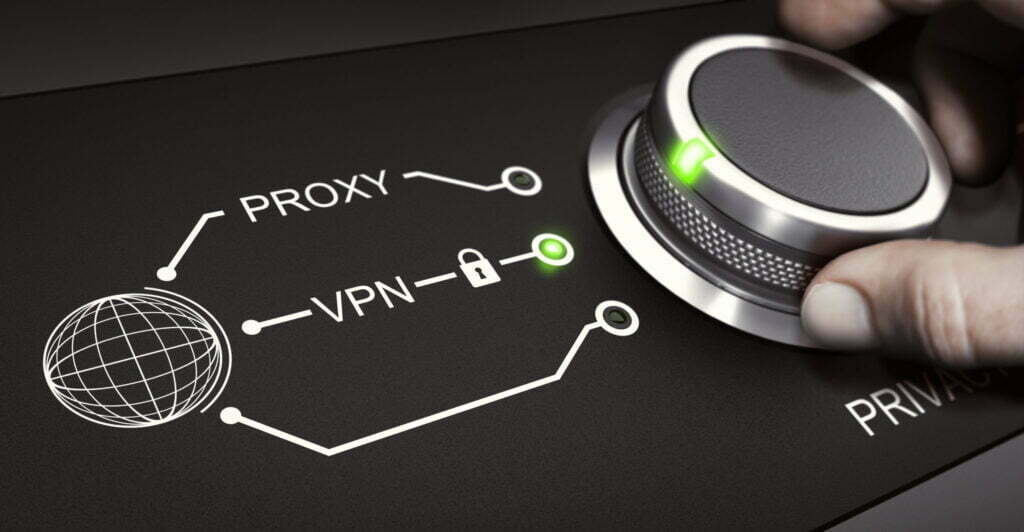A VPN, or virtual private network, is a secure tunnel between your device and a remote server. When you connect to a VPN, your device establishes a secure connection with the remote server. This connection is then used to route all your web traffic through the VPN tunnel. This means that your data is encrypted and protected from prying eyes, making it difficult for anyone to track your online activity. There are many advantages to using VPNs, though many people don’t know much about them. Fortunately, there are resources that can teach you everything you need to know. If you want to learn more, keep reading to find out about the benefits of using a VPN.
What are the benefits of using a VPN?

When you use a VPN, your ISP (internet service provider) can’t see your traffic, and can’t throttle your bandwidth. Because your traffic is routed through the VPN provider’s servers, it can’t be traced back to you. VPNs are also useful for bypassing geographic restrictions on websites and streaming services. If you’re traveling outside of the United States and want to watch US-only content you can use a VPN to access the catalog for your home country. Still, with so many options, it is worth finding the top VPN that can meet your specific needs.
VPNs are also an effective way to keep your data secure when you’re using public Wi-Fi. When you connect to a public Wi-Fi network, your data is broadcast in plaintext, which makes it easy for hackers to steal your information. If you connect to a VPN before connecting to a public Wi-Fi network, your data will be encrypted, making it more difficult for hackers to steal your information.
Generally, a VPN is your best bet if you want to keep your online activity private. Many providers even offer advanced features such as split tunneling which allow you to choose which applications use the encrypted connection for extra security when accessing sensitive information like banking details online.
How else can you stay safe online?

Using a VPN is critical if you want to protect yourself when you’re using the internet, but there are other steps you should take as well. For example, you need to use complex passwords for your accounts. This is because hackers, scammers, and other malicious actors are always on the lookout for easy targets to gain access to your sensitive data. A complicated password is one that is challenging to guess, using a combination of letters, numbers, and symbols. You should also use unique passwords for each of your online accounts.
You need to educate yourself about common scams too. One of the most common scams is phishing, which is when a person or organization posing as a legitimate entity attempts to trick victims into providing personal or financial information. The best way to protect yourself from phishing scams is to be aware of the signs of a phishing scam. If you receive an email asking for confidential information, it is likely a phishing scam. Legitimate companies and organizations will never ask for this information, and it is best to delete or hang up immediately.
Overall, a VPN useful tool to help protect online privacy, security, and anonymity. By encrypting all user data, a VPN helps to keep data safe from malicious actors and prevents ISPs and governments from tracking user activity. With its many benefits, a VPN is a great choice for anyone looking to stay safe and secure while online. There are also other steps you should take to protect yourself on the internet. These steps include using complex passwords for all your online accounts and educating yourself about common scams. Follow these tips and you’ll be a lot safer when you’re browsing the web.










